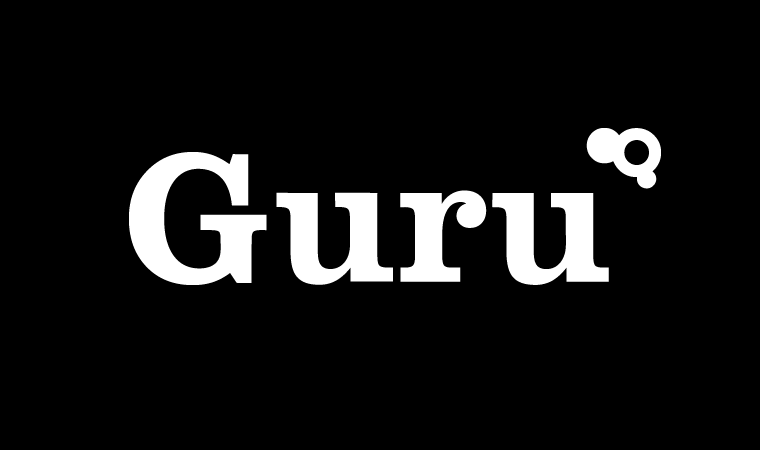In today’s job market there is just as much emphasis on employers impressing prospective candidates as the reverse. If companies want to fill their positions with the best possible talent, they need to go the extra mile.
There is no doubt that the previous year has seen a huge swing in the jobs market. The pandemic and ensuing lockdowns limited job opportunities for a large part of the year and there was concern that historically low unemployment rates would begin to creep up. But now HR and recruitment specialists consider things to have turned around; it’s a candidate’s market and the onus is on employers to impress.
If your business is looking to recruit, it is important to focus on improving the candidate experience and journey through applying, interviewing for, and accepting the job. Here we take a look at some practical changes you can make to your candidate experience and candidate journey.
Set expectations and stick to deadlines
The best way to achieve a better candidate journey is to start it off correctly. Candidates need to understand the parameters of the process of getting the job. For example, you need to be as upfront as possible about the stages of application. If candidates know to expect three separate interviews for a job when they first apply, they won’t be surprised and disheartened that they haven’t been offered the job after two.
You need to match the expectations that the candidate has for the process. A good way to do this is by setting deadlines and ensuring that you stick to them. Don’t just let candidates know the end date for applying – give them set timescales for when they will hear back when they can expect to be interviewed and more.
Focus on communication
So much of the candidate experience rests on communication. Poor communication can lead to misunderstandings, and leave strong candidates feeling like they cannot apply at the beginning of the process. But it can also have an effect throughout the whole of the candidate journey. Here are some key steps to focus on with regard to communication:
- Write better job descriptions – it is often seen that brilliant candidates for a role are put off applying because they think they don’t meet the requirements of the job description, this is why it is vital to get it right before you advertise. The job description should be clear, concise and easy to read. And if you’re going to have a list of ‘essential skills’, do make sure that they are essential; many candidates are put off applying because they don’t think they are qualified. If you aren’t sure why your advertising isn’t working these pointers may also help.
- Acknowledge receiving the application – it’s a great idea to send out an email recognising that the candidate has applied for the position and let them know when you are likely to get back to them. It takes out an element of doubt from the mind of the candidate and helps smooth the process for everyone.
- Let candidates know as soon as you have made decisions – if you have already made a decision about a candidate – whether that is to invite them for an interview, to turn down their application, or to offer them a job – let them know as soon as possible. Candidates don’t like to be left waiting.
Avoid the never-ending job interview
There has been a growing problem in terms of candidate experience; the increasingly long process of interviewing. “Trial and error is bad and costly for companies who are hiring, so they often compensate by making the recruitment process more and more forensic,” says Mark Johanson of the BBC “this means conducting multiple interviews to gather valuable information to help them more clearly determine which candidate has the most potential”.
It makes sense from a business’ perspective to have a number of interviews with candidates, allowing various members of staff to have the chance to speak with candidates and gauge their skills, team fit and more. But asking candidates to attend multiple interviews can actually put them off.
Elongating the process in this way also gives other potential employers the chance to offer the candidate a job and for them to accept.
Show off company culture
“Creating a great work environment is paramount to attract and retain the best talent,” says management specialist Dominic Monkhouse “having a great company culture makes a big difference in your employees’ performance. It provides a sense of belonging, purpose, inspiration and pride in what they do every day. A great culture will attract great people.” But something crucial that Monkhouse adds is: “When you make a hiring decision, you need to do so with a mindset of cultural fit. Will that candidate fit in with your organisation, co-workers and supervisor?”
This reveals a crucial point. Showing off your company culture not only helps you to impress some candidates, but it also shows candidates that the business might not be the right fit for them. Some workers thrive in a high pressure, high reward environment, while others are looking for a more relaxed setting.
Getting the candidate journey right can be the difference between hiring the talent you need, and losing them to a competitor. It is important to ensure you are doing the right things to impress prospective staff.

